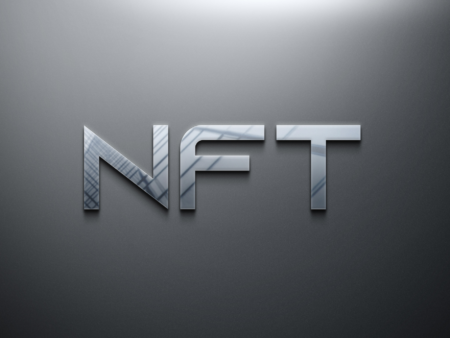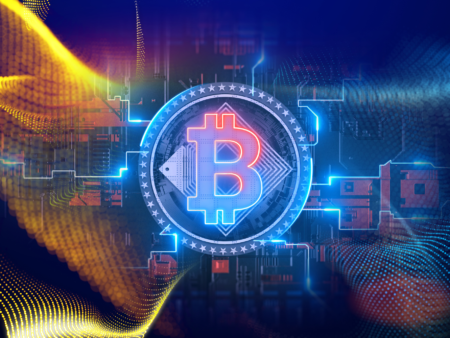Google Play is embracing the integration of NFTs in apps and games, leading to a transformation in its regulations concerning tokenized digital assets.
NFT integration in apps and games is redefining Google Play’s crypto regulations regarding tokenized digital assets. As long as they uphold transparency and follow other established criteria, the business is giving developers the option to let consumers purchase, sell, or earn digital assets within apps.
Crypto news: Google Play now accepts NFTs
As expected, Google Play has announced a substantial modification to its “crypto” policy that enables developers to include digital assets as non-fungible tokens (NFTs) into their apps and games available in the store.
Companies that decide to let users to buy, sell, or earn tokenized assets must make it clear in the Play Console that the app contains components based on blockchain.
Group Product Manager at Google Play Joseph Mills wrote the following in a blog post:
“this change will allow partners to reinvent traditional games with user-owned content” and increase “user loyalty through unique NFT rewards.”
Reddit, which has had great success with its Avatar NFTs, is one of the partners who worked with Google on this new policy.
The amended rules, according to Matt Williamson, senior engineering manager at Reddit, who was featured in the article, “seek to establish a level playing field that promotes user trust and responsible use of blockchain technology.”
Although tokenized assets are meant to provide more engaging and rewarding experiences, developers cannot advertise or accentuate any advantages from gaming or trading activities, according to Mills, who emphasized the significance of user trust in his piece.
It is important to note that Google Play’s guidelines for online gaming, games, and real-money competitions are still in effect.
In fact, this implies that apps cannot advertise the purchase of an in-game item like a “loot box” for a chance to win an NFT if they do not match the gambling rules.
The withdrawal of blockchain apps from the Play Store was an odd historical decision
In the past, Google’s position on blockchain-based apps has been viewed as a “black box,” leading to the removal of games like “Bitcoin Blast” from the Play Store in 2021 without a clear justification.
Additionally, the store’s restriction on cryptocurrency mining apps from 2018 will continue under the new regulations.
However, the organization recently indicated a shift in its perspective toward Web3.
For instance, it permitted Axie Infinity: Origins to be featured in particular Google Play markets and ArDrive Mobile, a decentralized data storage software, to be available in the store in 2022.
In parallel, Google Cloud unveiled a program in April 2023 to support Web3 developers’ startup growth.
As they work with an initial group of developers, a Google Play spokeswoman told CoinDesk that customers could witness the first tests of the new experiences later this summer.
By the end of the year, the new policy will have been fully implemented.
Web3 startups are accelerated by Google Cloud
As expected, Google Cloud has increased the support it provides to Web3 builders as part of its Google for Startups Cloud Program, enabling them to develop their projects swiftly and safely.
Google, a Web2 behemoth, has expanded its Web3 presence over the past few years, assisting developers in utilizing their technological ability to produce cutting-edge applications.
In order to provide training sessions and cloud computing services to creators and developers of Web3 applications based on Celo, the Celo Foundation this year announced a cooperation with Google Cloud.
In order to encourage the development of early-stage Web3 and blockchain firms, BNB Chain, a blockchain that is intimately connected to the cryptocurrency exchange Binance, announced last year that it was joining Google Cloud.
According to the news release, advantages of the program include early access to Google Cloud’s Web3 products and training on the most recent cloud-based technologies.
Through the program, companies will have access to funding from a number of partners, including the Polygon Ventures Ecosystem Fund, which could invest up to $3 million.
In addition, partners of the Google Cloud foundation, such as Aptos, Celo, Flow, HBAR Foundation, the Near and Solana foundations, may award awards of $1 million to each eligible initiative.












